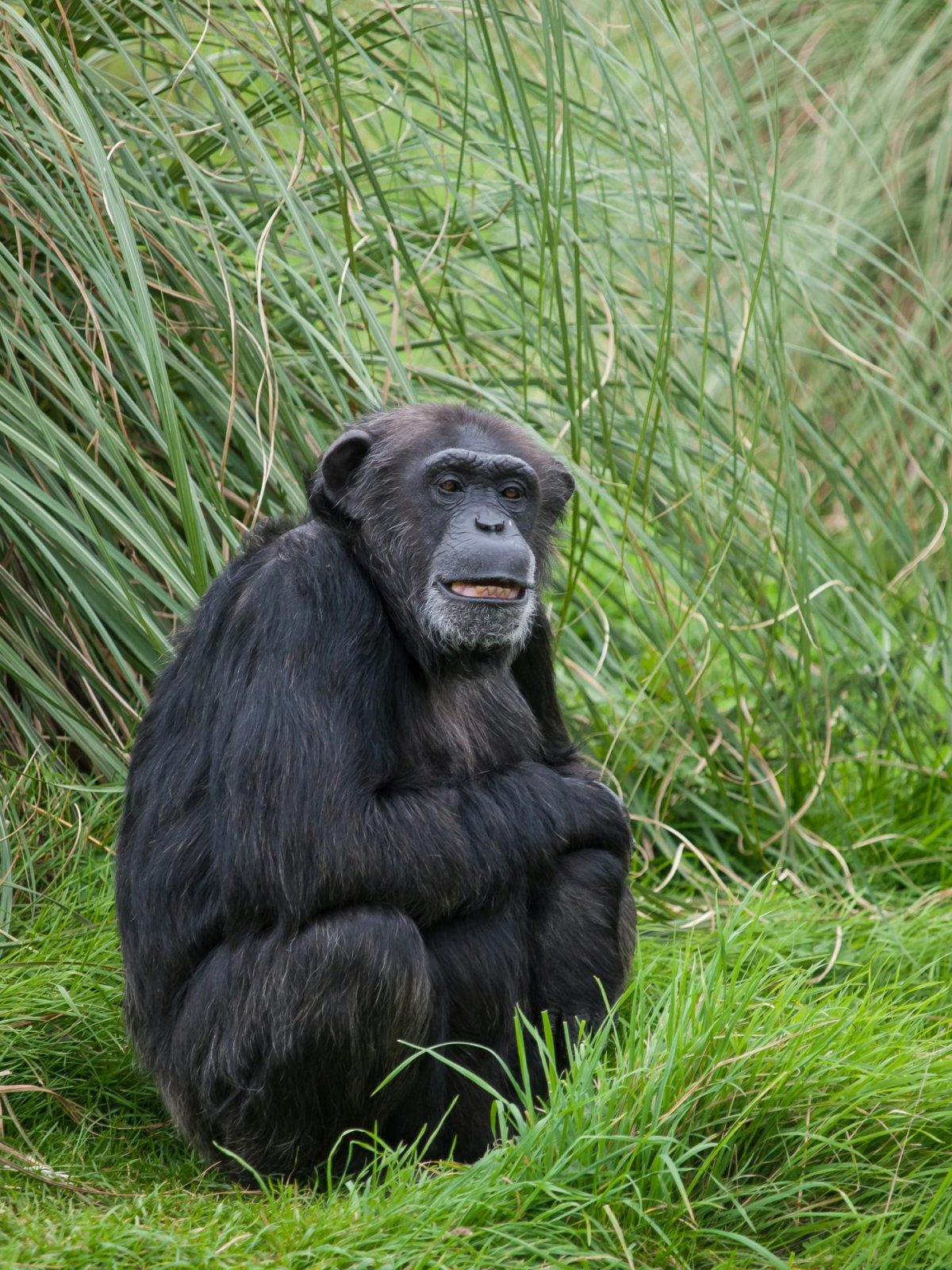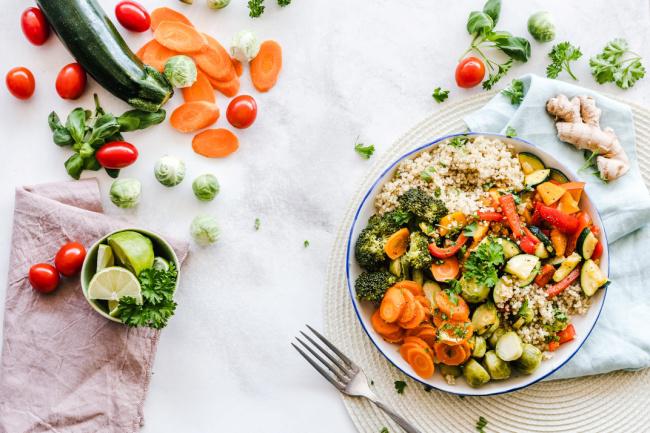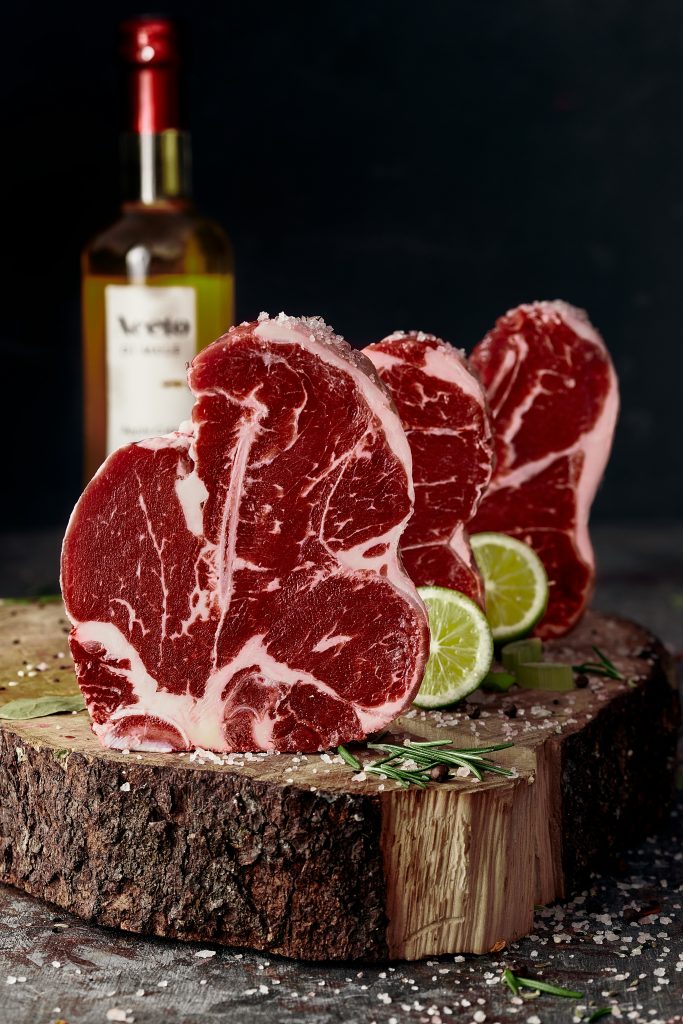
What is sustainable living? How Your Choices Shape a Sustainable Present and Future
By embracing sustainable living, we adopt practices that contribute to the well-being of the environment, society, and economy.

Zoonotic pathogens can be transferred from animals to humans in numerous ways.
The direct way is during hunting from contact with an animal through scratches and bites or while butchering, and another way is through consuming.
People engaged in wildlife hunting, butchering, and consumption are at risk of contracting infections through close contact with both live and dead animals or through contaminated sources like feces and fomites.
There are well-documented cases of zoonotic infections linked to hunting, such as Ebola outbreaks associated with handling infected chimpanzees, gorillas, and duiker carcasses, as well as cases of brucellosis in Australian hunters of wild boar.
Additionally, foodborne infections from consuming wild meat have been reported worldwide, including Hepatitis E from raw or undercooked venison in Japan and trichinellosis from wild boar meat in France.

By embracing sustainable living, we adopt practices that contribute to the well-being of the environment, society, and economy.

The idea of a sustainable diet was established in 2010.

A sustainable diet is considered to be a diet that resembles a nutritionally healthy diet.

Sustainability goes beyond admiration; it is a commitment to maintaining the delicate balance between our species and the planet.

Several scientists are “defending” meat consumption, replying that red meat is the source of essential nutrients.
Welcome to Sustainable Living by Science. With our scientific mindset, we are exploring how to nurture our well-being while caring for the environment. We are sharing the meaning of sustainability through evidence-based practices. Join us on this journey towards a greener, healthier future where science guides us to make the best choices for ourselves, the planet, and others.
All content is © 2024 by Sustainable Living by Science. All rights reserved.